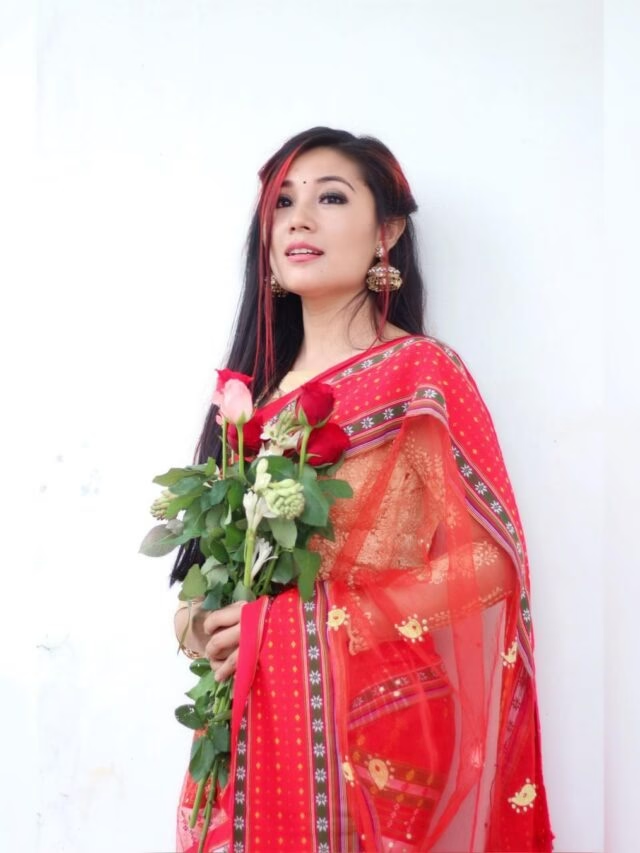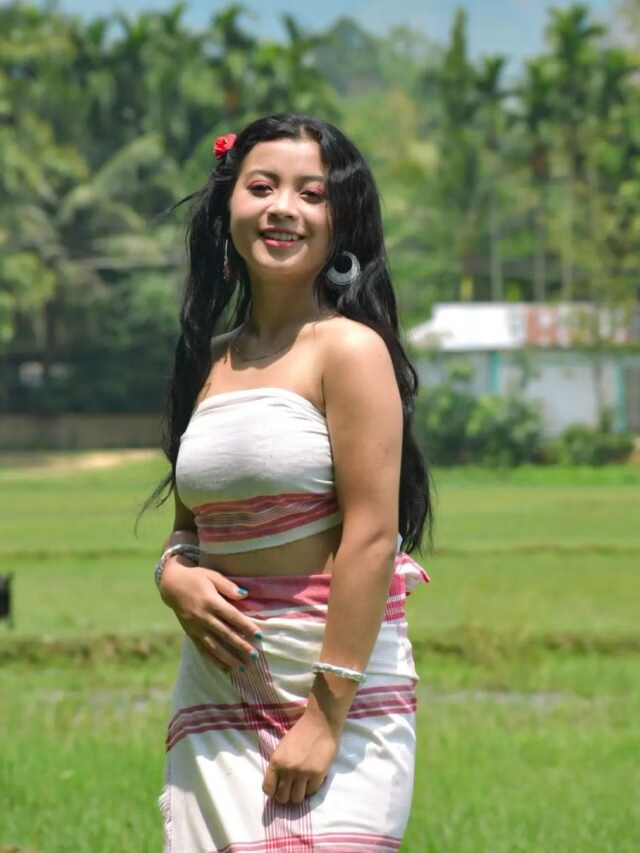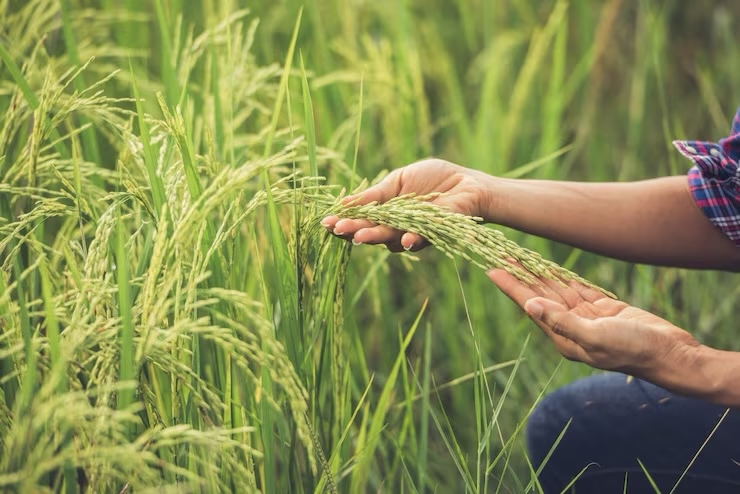Kumari Debbarma Success Inspires Dreams and Courage in Every Woman
Women today are no longer behind. They are advancing step by step alongside men in every sphere of life. Not just in education, but across various layers of society, women are showcasing their talents and capabilities. A shining example of this can be seen in the ADC village of Kaiyachhanbari under the Jirania block. There, a brave Indigenous woman named Kumari Debbarma has challenged prevailing social notions and proven that success is not gender-dependent—it relies on hard work, dedication, and self-confidence.
Traditionally, farming is considered a man’s job, with women confined to household duties. But Kumari Debbarma shattered this stereotype by taking up farming herself and achieving remarkable success. She not only grows crops but has also turned agriculture into her path toward self-reliance. Her initiative, hard work, and achievements have inspired other women in her village. Though middle-aged, she radiates an indomitable spirit and a hardworking nature. From a young age, Kumari had a deep interest in soil and farming, which has today made her a notable agricultural entrepreneur in the region.
With just 0.08 hectares of land, much of it barren hilly terrain, Kumari has transformed what many would consider negligible into a land of possibilities. Despite the small size, she cultivates various seasonal crops and maintains a productive farm through regular farming and care. Her primary crop is paddy, which is also her main source of income. In the last financial year, she produced around 1,300 kilograms of paddy from her land, selling it to the state government at a support price, earning ₹25,000–30,000—a commendable income from such a small plot.
Kumari has shown that neither the size of land nor social or family circumstances determine success. What matters is willpower, dedication, and the mindset to work hard. Her husband Khirod Debbarma fully supports her in her agricultural journey.
Part of her land is hilly and infertile, typically left fallow due to low water retention, making traditional farming difficult. But Kumari saw an opportunity where others saw a challenge. She experimented with maize cultivation, realizing it could be viable in such terrain and profitable in the local market. Determined, she approached the Jirania Agriculture and Farmers’ Welfare Office, where Agricultural Supervisor Somen Kumar Das extended full support. Through the ATMA project, she received hands-on training in maize cultivation—practical, not just theoretical—helping her adopt scientific techniques for better yield.
Field workers Sankalpita Bhattacharya and Tutun Das from the Jirania Agriculture Office recently visited her field, conducted soil health card analysis, and provided specific recommendations for micronutrients and fertilizers. Following this guidance, Kumari began appropriate application, increasing the soil’s fertility and the viability of maize farming. As part of the Integral Part of Demonstration initiative, she received a ₹4,000 grant, which became a source of motivation.
This coordinated effort has made Kumari not just a farmer but a successful practitioner of modern agricultural science—an inspiration for others. She collected high-quality seeds and fertilizers for subsidized maize cultivation from the Jirania Sub-Seed Store, with ATMA staff guiding her at every step—from soil preparation to fertilizer use, weed control, and timely interventions.
Through relentless effort, a firm mindset, and proper guidance, Kumari Debbarma has become a living testament to how success can bloom even from barren soil. From her 0.04-hectare hilly plot, she harvested 2,050 kilograms of maize, which she sold at an average market rate of ₹30 per kg, earning ₹30,000–35,000. Such an achievement on infertile terrain is a huge milestone for her—a dream come true.
Her journey is not only financially rewarding but also a powerful message of empowerment and possibility. Today, Kumari Debbarma is more than a successful female farmer—her story inspires every woman in her village to dream and gather the courage to act. The dry, rugged land that once symbolized hardship now symbolizes hope and self-reliance. Her success is not just personal; it is a proud reflection of the power and potential of women in our society.
READ MORE: Miss Universe Tripura 2025: Khumjar Debbarma’s Journey of Beauty and Bravery









